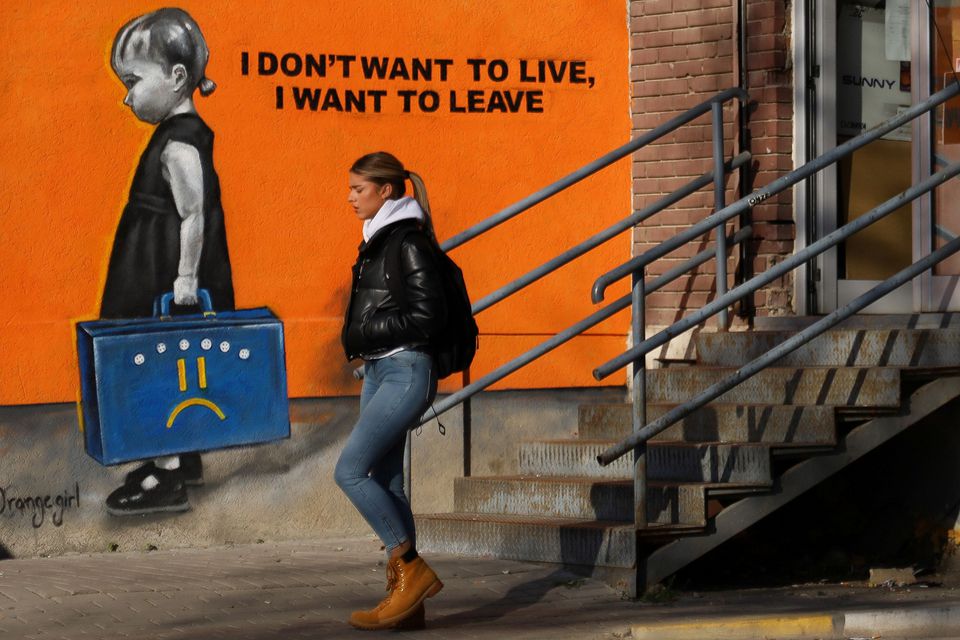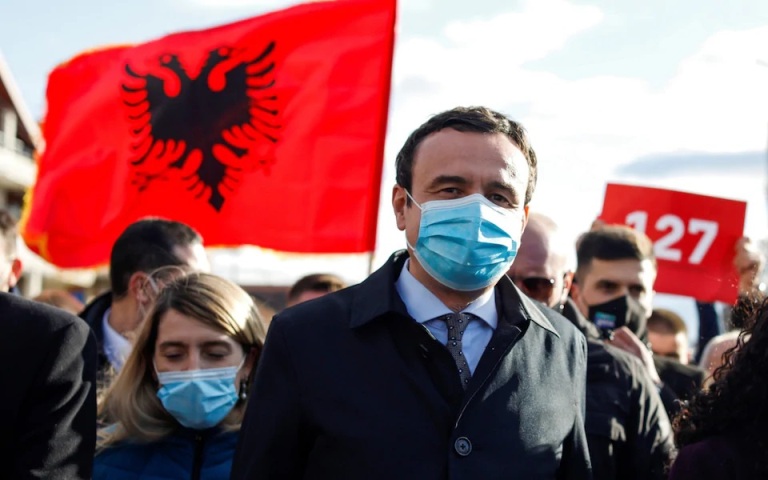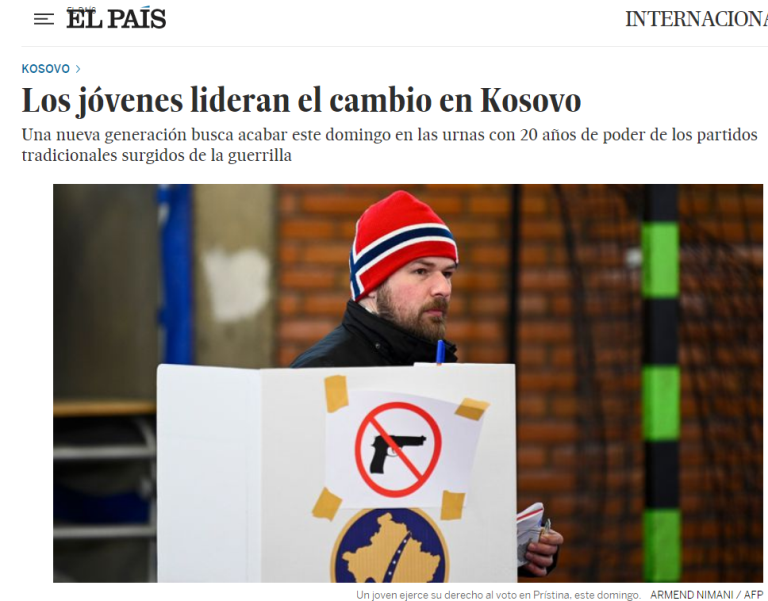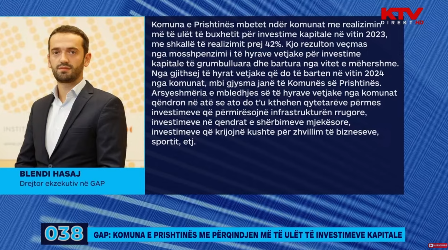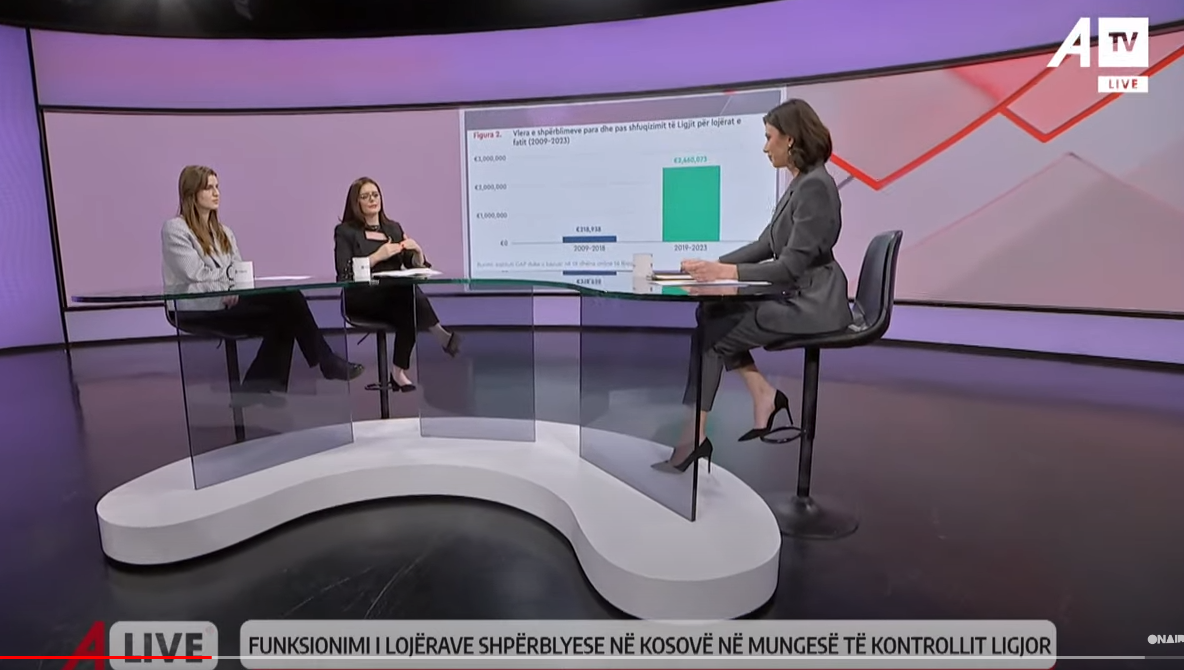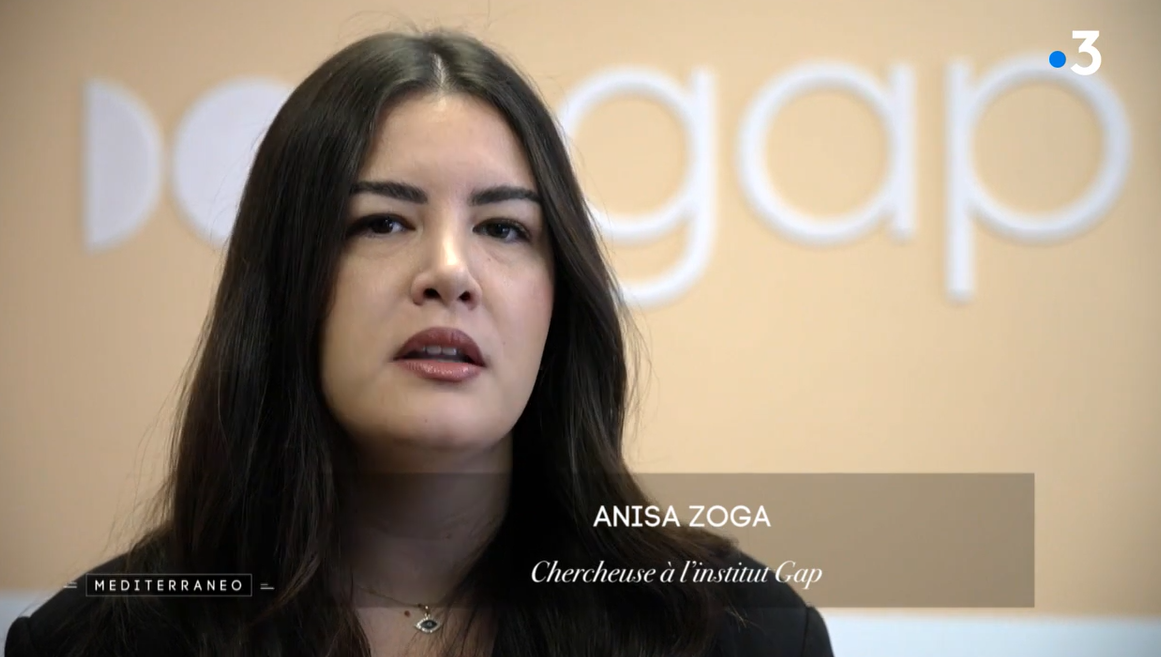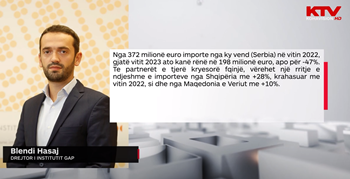GAP Institute and GLPS organized a roundtable discussion on “Post-Paris, Post-Brexit - Perspectives for the Western Balkans”
09/11/2016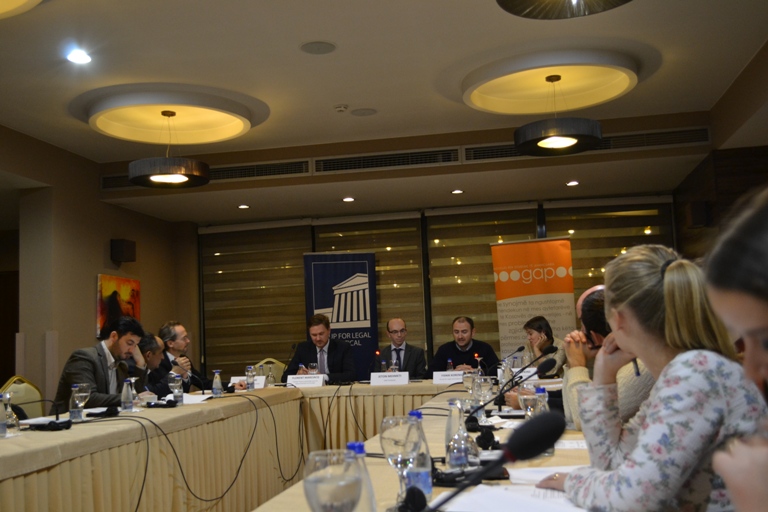
GAP Institute and Group for Legal and Political Studies (GLPS) organized a roundtable discussion entitled "Post-Paris, Post-Brexit - Perspectives for the Western Balkans." The roundtable and debate took places as follow-on to the Reflection Forum “The Western Balkans in the European Union: new perspectives on integration?”organized in Paris in May 2016 and the “Civil Society Forum Paris of the Western Balkans Summit Series” which took place in Paris in July 2016. The roundtable provided a forum for information exchange and reflection on the achievements of the process so far and helped to generate fresh contributions for the way ahead.
Fisnik Korenica, Executive Director of the Group for Legal and Political Studies (GLPS) spoke about the challenges that Kosovo face, in comparison with other Western Balkan countries, in moving towards EU integration. Florent Marciacq, Research Associate at the Austro-French Centre for Rapprochement in Europe, spoke about the EU enlargement process. Valeri Hopkins, a journalist at the Balkan Investigative Reporting Network spoke about the challenges that Western Balkan countries are facing in implementing the projects that were agreed on during the Berlin, Vienna and Paris summit. The panel discussion was moderated by Jeton Mehmeti, Research Director at GAP Institute.




